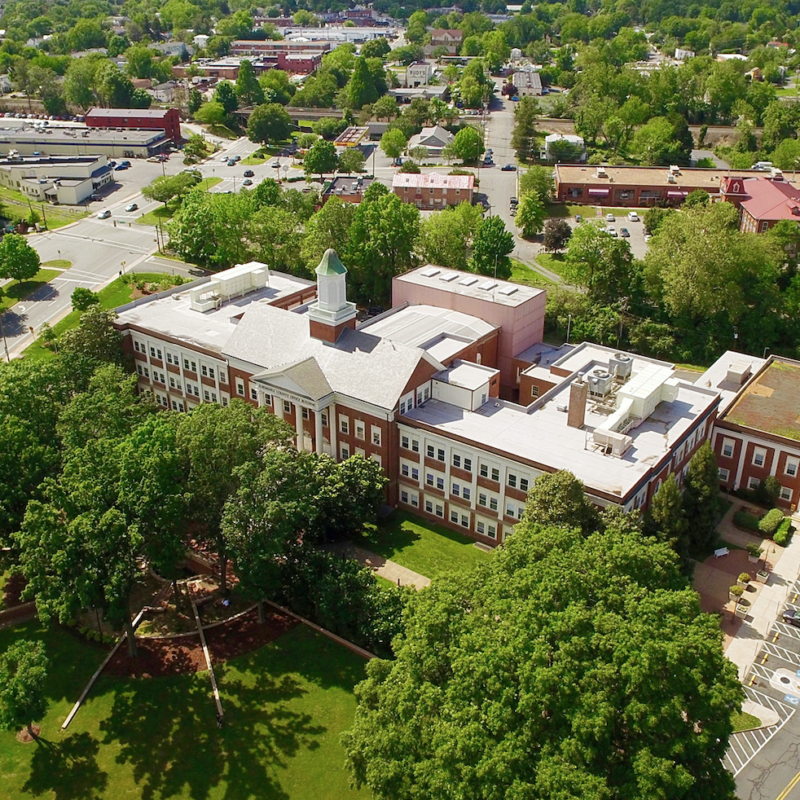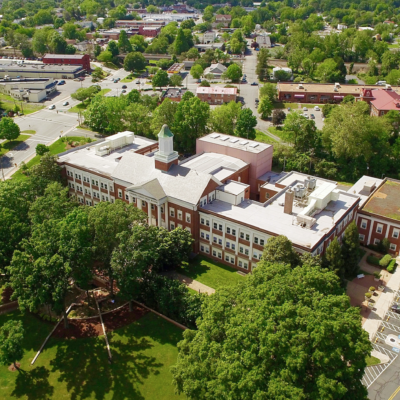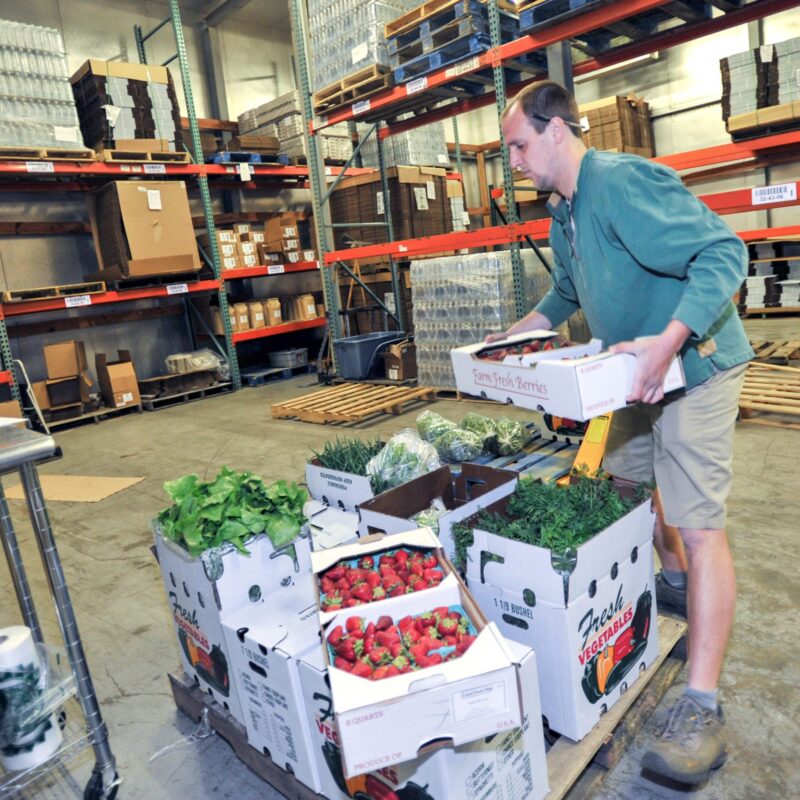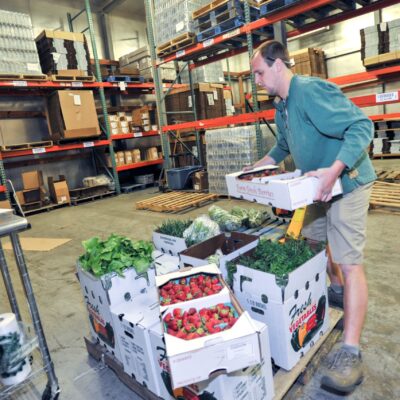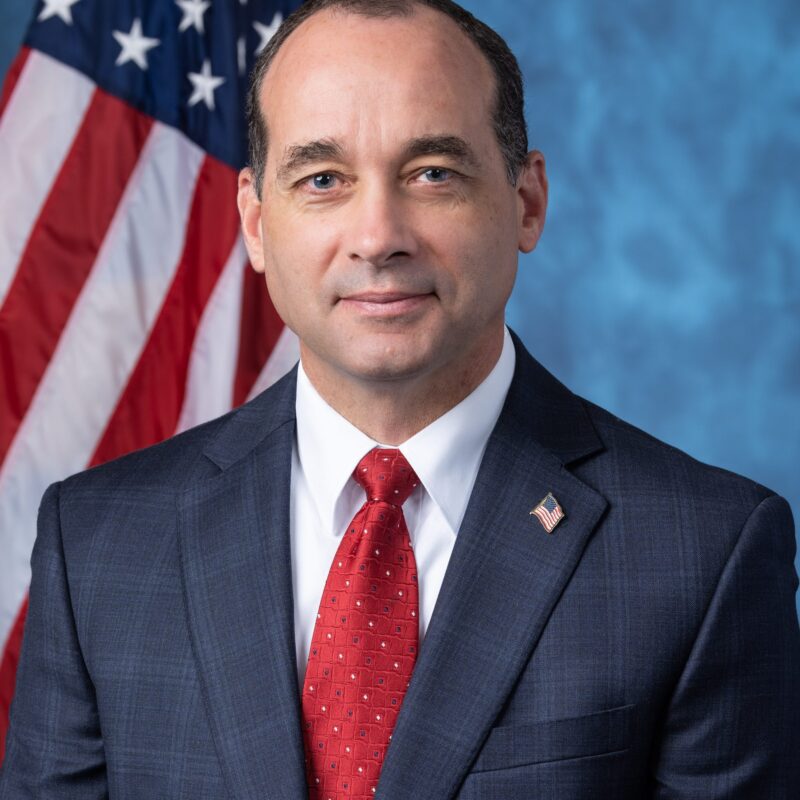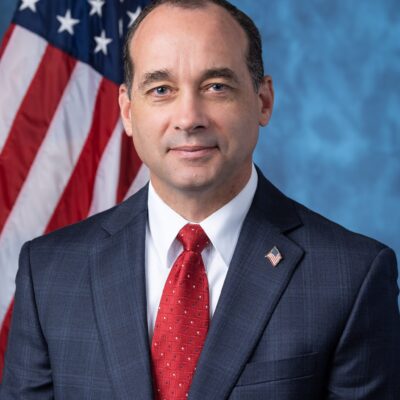Fresh out of college, newly wed Teresa Tapscott went looking for a job in 1979. She hasn’t had to look for one since.
“Sometimes I compare it to being a professional athlete, that they actually pay me to do something that I love to do so much,” says Tapscott, executive director of the Albemarle Housing Improvement Program (AHIP) (www.ahipva.org). “I can’t envision my life having done anything else.”
 Teresa Tapsoctt prefers the long view: "AHIP has always had the philosophy that just fixing a house for somebody—you’re really not improving their lot in life if you don’t leave them prepared both financially and physically able to take care of their home, you’re postponing the inevitable. |
Tapscott was hired as a bookkeeper and later promoted to administrative assistant. “And then in ‘87, somehow or other I wrangled my way into the executive director’s position,” Tapscott says.
Housing rehab—the primary business of AHIP—isn’t exactly the sexiest among nonprofit activities. The story of keeping a house from deteriorating isn’t as clearly uplifting as the story of a young family buying their first home. “First-time home-buyer programs are very politically popular and very easy to understand,” says Jennifer Jacobs, AHIP’s director of resource development. “[Rehab]’s just as important, if not more important. You’re preserving the supply of housing and you’re also preventing a huge negative” of ballooning debt and foreclosure.
AHIP was born of a natural disaster. In 1969, before Hurricane Katrina tore the roof off poverty issues in New Orleans, Hurricane Camille tore the roof off poverty issues in Central Virginia. When volunteers went to rebuild in Albemarle, they discovered homes with no running water.
“The people that we work with are basically the people that built Albemarle County,” Tapscott says. “They’re the farmhands, the laborers, the people that actually did build their own houses. And now many of them are older and they just can’t possibly keep up.”
But the group has moved beyond rehab and emergency repairs—they are now developers as well. They’ve already renovated a 96-unit low-income apartment complex, rechristened Park’s Edge, and are working on a mixed-income community of 80 to 90 units, tentatively called Treesdale Gardens, off Rio Road.
Recalling an incident recently when a co-worker chastised her for not knowing a client’s name, Tapscott says, “It used to be that I could tell you every client we worked with—and I miss that.”
